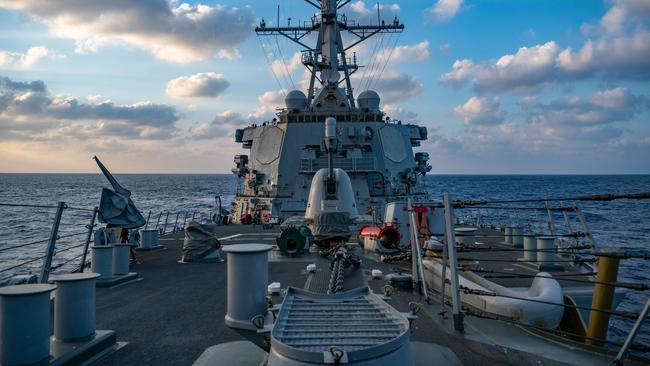
And that good news came this week in the form of the cancellation of the disastrous French submarine contract, which was set to cause the nation to waste more than $270 billion on submarines that would have had very little use in future decades and were likely to be a coffin for our sailors.
What made the decision so much more encouraging was that government politicians had to admit a huge error - something Australian politicians abhor - conceding the waste of billions in expenditure and a five-year delay to the submarines project.
Of course, it was made easier because the 2016 purchase decision was made by former prime minister Malcolm Turnbull and since then China has substantially increased tensions in the region.
Nevertheless thanks to personal briefings by experts and my commentaries Prime Minister Scott Morrison knew the pending disaster when he appointed Peter Dutton as defence minister and briefed him find a solution.
The solution Dutton chose opens a whole new vista of opportunities to revamp our naval forces and improve our defence situation dramatically.
Given the French are unfairly criticising Australia when it was their 2016 gross deception and false statements that were the main causes of the disaster, Australians need to know how the politicians of 2016 made this horrendous mistake.
The French appointed a brilliant team of salespeople led by Madame Marie-Pierre de Bailliencourt. They presented Australia with a concept whereby we would have a large submarine driven by conventional batteries and using a controversial propulsion technique, 80 to 90 per cent Australian content and the opportunity to be a submarine research hub in the region.
Earlier government meetings had decided on the German submarine and the Germans were unofficially told they had won the tender and boarded planes to come to Australia for the announcement on Tuesday April 26 2016 – the day after Anzac Day.
But suddenly a meeting of the National Security Committee (a collection of top ministers) was called for Sunday, April 24. At that meeting defence officials gave a passionate endorsement of the French bid and that endorsement was backed by Turnbull.
Defence and Turnbull won the day and the Germans returned home with their tails between their legs. The problem was the French were taken at their word and decision was not properly researched and tested. It was all too quick.
Back in Paris, the French had no intention of honouring the undertakings of de Bailliencourt’s team and indeed as Malcolm Turnbull was announcing the French bid the French president was announcing that 3000 to 4000 jobs would be created in France, which was totally incompatible with the de Bailliencourt deal. The French quickly sacked de Bailliencourt plus all her Australian team and sent out the French heavies to explain the real contract. We had been “conned”.
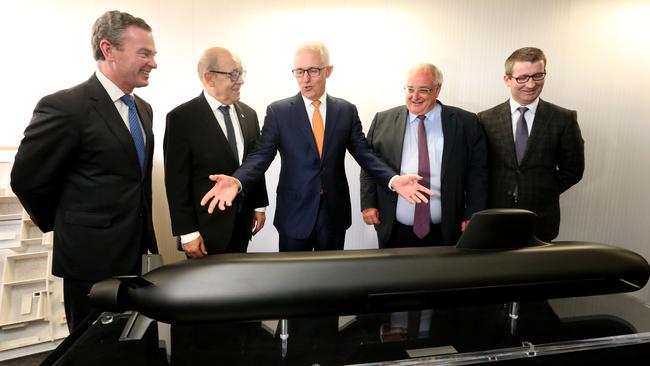
One of the great lessons of business and government is when you enter into a deal and that deal starts to go wrong you need to exit quickly. Your first loss is the best loss.
Meanwhile not only was the contract revamped but as time went on the costs ballooned, as it became a cost-plus contract, with the French dictating the terms. They wanted their suppliers, not Australians.
It took the combination of Prime Minister Scott Morrison and Defence Minister Peter Dutton to make the hard call. The Navy always wanted a nuclear submarine but in 2016, politically, it wasn’t possible. Now with China trade sanctions and tirades against Australia, community attitudes have changed.
The most tempting option is to take the current British and American nuclear partnership technology and transplant it to Australia. That will work and we will have excellent submarines. But China is leading the world in molten salt-cooled nuclear submarines which are superior to conventional nuclear submarines. Molten salt-cooled nuclear has many wide applications in power generation and does not carry the dangers of conventional nuclear. It looks to be a transformational way to generate carbon-free power.
The problem is that there is still a lot of work to be done - at least in the West - on this technology. I would hope Dutton (or his successor if the ALP wins the election) would keep both options open and if molten salt looks to be the way of the future have the courage to back it in.
To avoid the submarine disaster, Australia will need to pay the French around $400 million to settle the contract but that is a small price to escape a horrendous error. Other options suddenly open.
Our defence officials are consistent in their ability to make wrong equipment decisions. Some years after the submarine mistake they entered into a contract to build frigates in Australia using a British design. To be fair to Defence, there was politics in the deal, and we agreed to take the British frigates if Britain entered into a trade agreement with Australia. Both parties have therefore delivered.
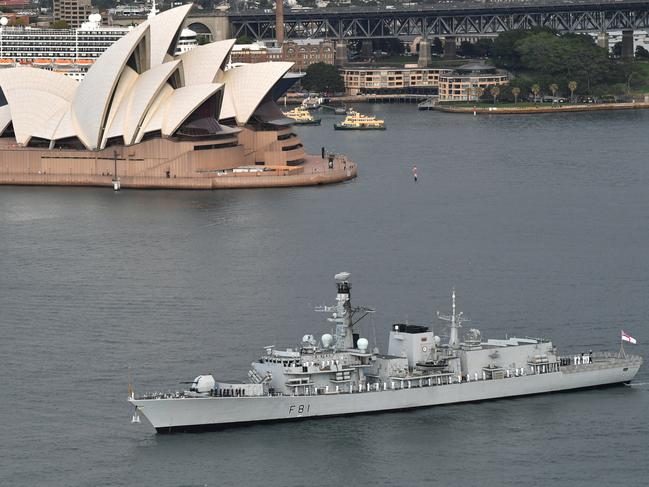
But disastrously the British frigate design could not take the Australian radar system and the American combat system. So we face yet another nightmare situation requiring a new frigate design which is costly and stupid.
But now that we have chosen the British for the nuclear option we can legitimately simply exchange the submarine for the frigate as part of our trade deal. The British will be happy because the frigate project is a looming disaster. Our best option is America’s Arleigh Burke-class guided missile destroyers (DDG-51), which will suit our needs and strengthens the US alliance. But it might take a while to get on the order list so in the meantime we might require extra Hobart vessels to bridge the time gap.
Morrison and Dutton can keep face with the British via the nuclear deal and we gain better vessels in the exchange.
Then comes the horrible issue of the Joint Strike Fighter/F35. We are now moving further inside the American tent with our nuclear deal and potentially the DDG-51 vessels. The problem in America is that the manufacturer of the JSF, Lockheed Martin, is not admitting the JSF inadequacies that US defence chiefs are uncovering. We need to use our increased contacts with the US to work out a solution to this problem. As in the submarine and frigate issues ours defence equipment chiefs are of limited use because they have difficulty admitting mistakes.
With the Joint Strike Fighter problem, we have Air Power Australia talents to rely on. They have prepared a detailed plan to resume production of the F22 but using the JSF assembly line. This proposal needs to be looked at very closely by Australia.
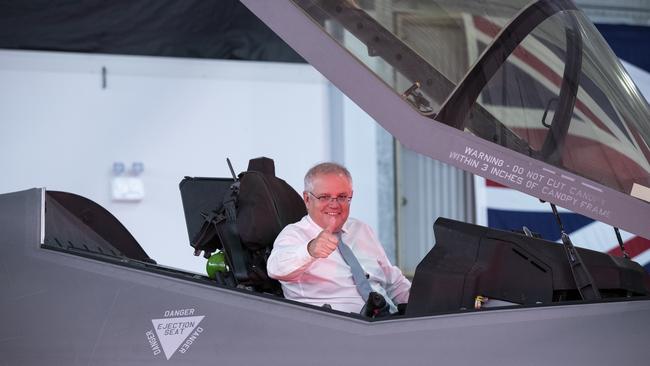
Longer term we need a defence department that has skills in equipment. We lost that ability when in 1999 then defence minister John Moore sacked two of Australia’s top public servants - secretary of defence Paul Barratt and his defence equipment chief Gary Jones - over a dispute involving the Collins class submarine. The defence department became a place few public servants wanted to join.
The great news for the nation is that now we have made the submarine decision it opens the way to overcome the other mistakes.
* Footnote: I have been overwhelmed by the thanks my readers have extended to me for my role in the submarine decision. The power of modern online and print journalism is humbling, but thank you again.


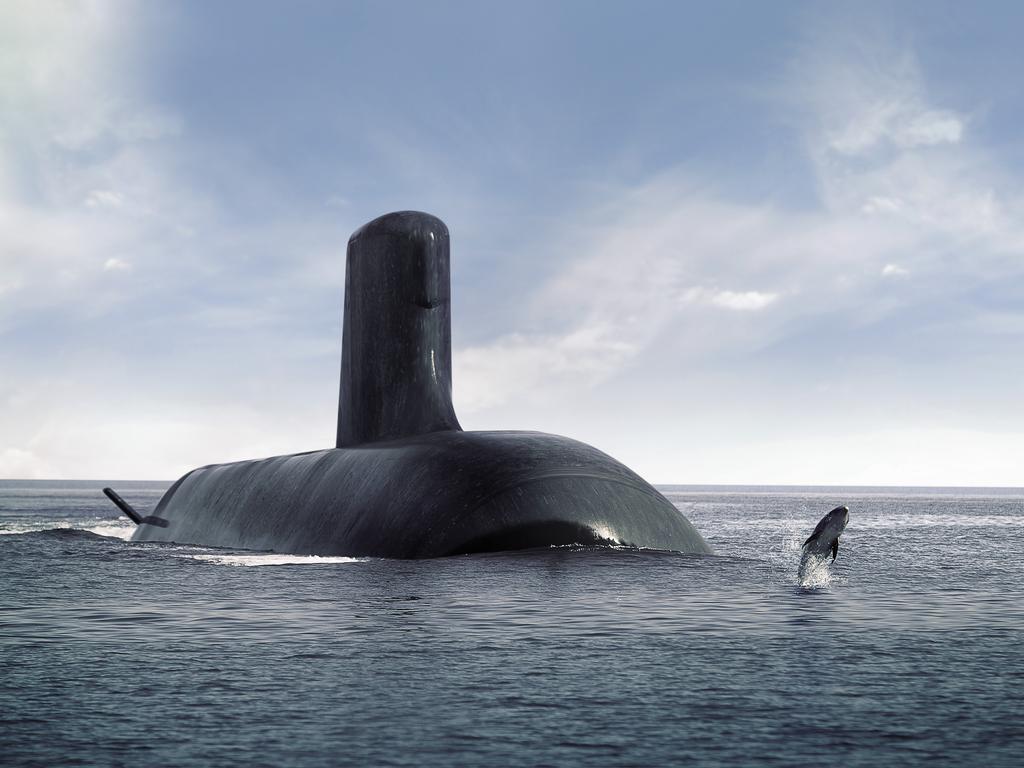
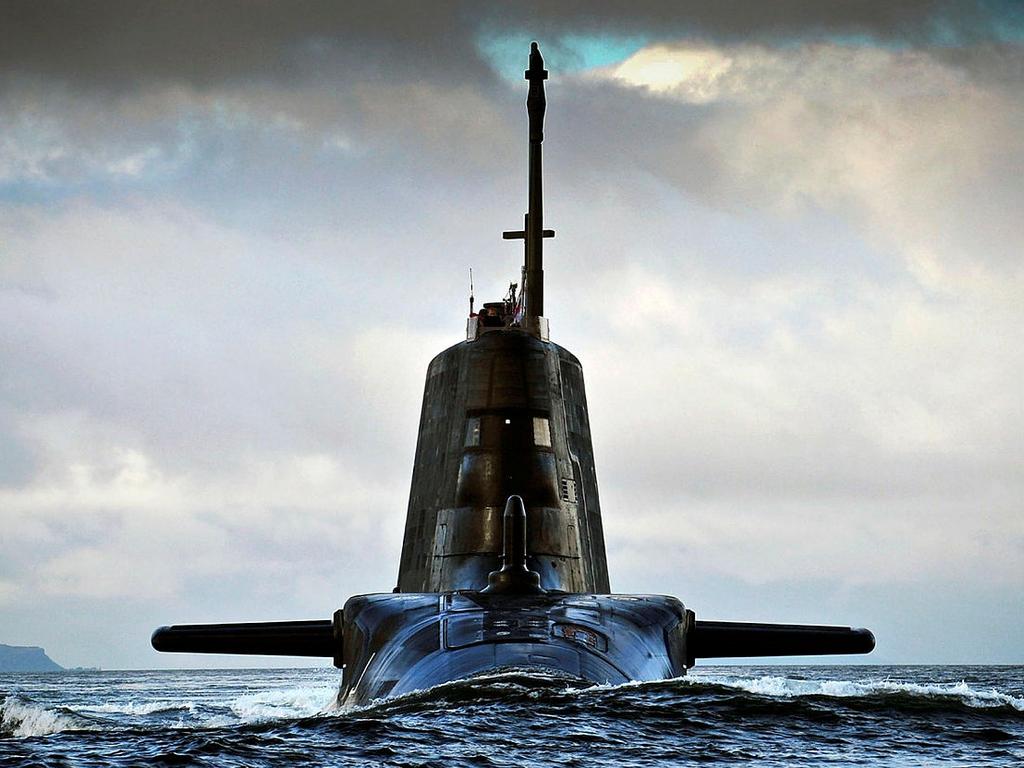
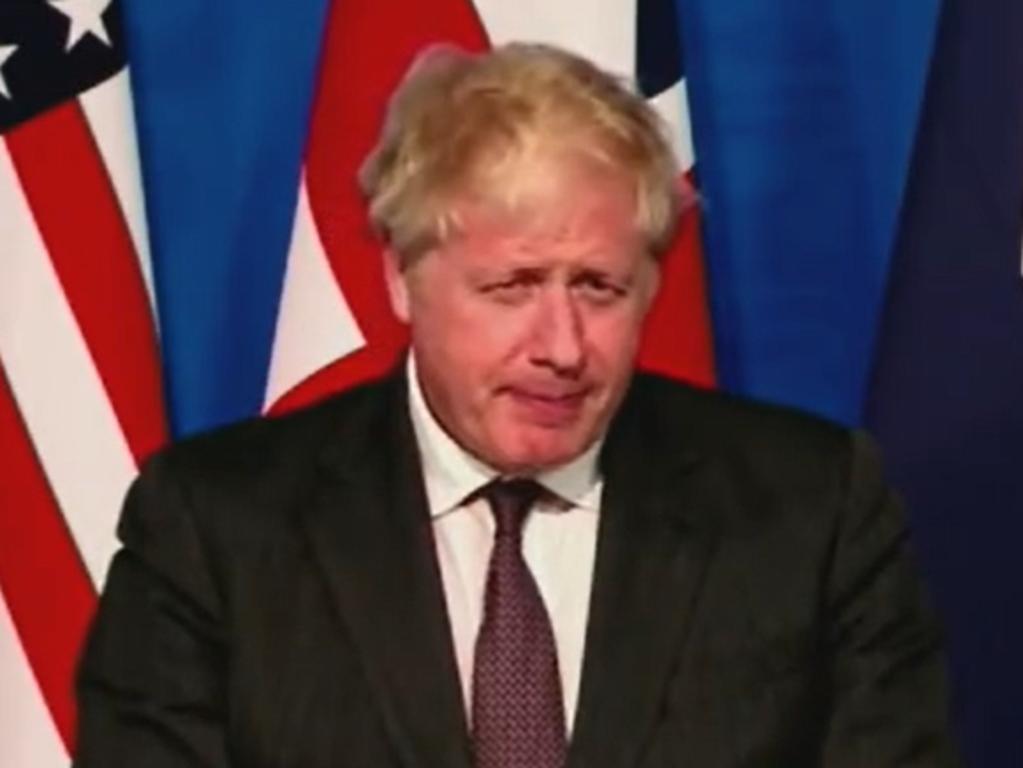


Australians, particularly those in Victoria and New South Wales, are now doing it tough over wide areas of the business community. The situation is much worse than last year. All of us are desperate for some good news.